La Bohème
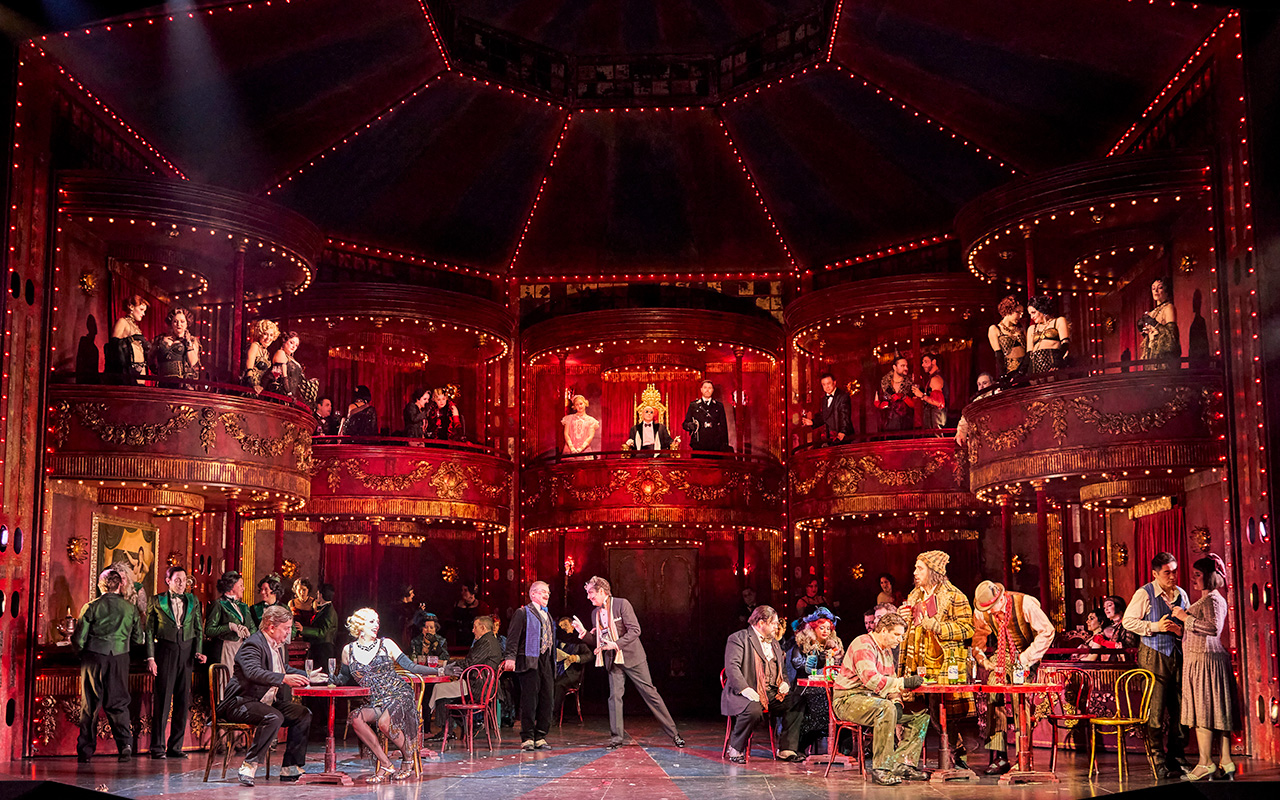
‘First come, first served’ is just one of many clichés suggesting an event occurring first will probably trump similar events that have the misfortune to be ‘pipped at the post’! Such was the bitter experience of the Italian opera composer, Ruggero Leoncavallo (1857-1919) of I Pagliacci fame. He had enjoyed enormous success with this one-act opera, which premièred in Milan in 1892, establishing himself as a prominent figure on the Italian opera scene and soon becoming acquainted and very friendly with another rising star, Giacomo Puccini (1858-1924). Legend has it that it was an unfortunate coffee date in a café in Milan in March 1893 that led to their subsequent dispute and, as they say – cliché alert – the rest is history.
Continue reading for only $10 per month. Subscribe and gain full access to Australian Book Review. Already a subscriber? Sign in. If you need assistance, feel free to contact us.







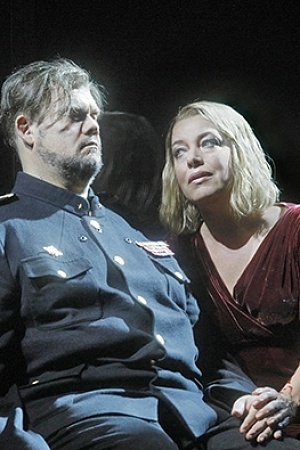
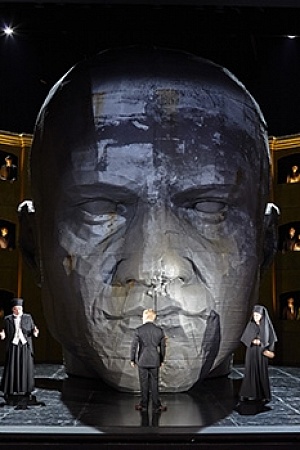
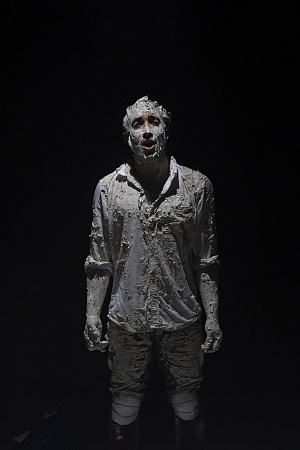
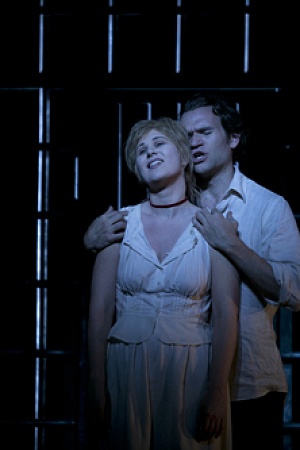
Leave a comment
If you are an ABR subscriber, you will need to sign in to post a comment.
If you have forgotten your sign in details, or if you receive an error message when trying to submit your comment, please email your comment (and the name of the article to which it relates) to ABR Comments. We will review your comment and, subject to approval, we will post it under your name.
Please note that all comments must be approved by ABR and comply with our Terms & Conditions.